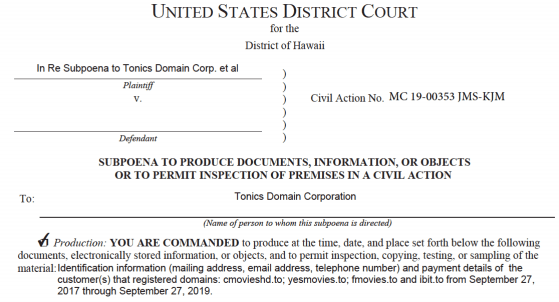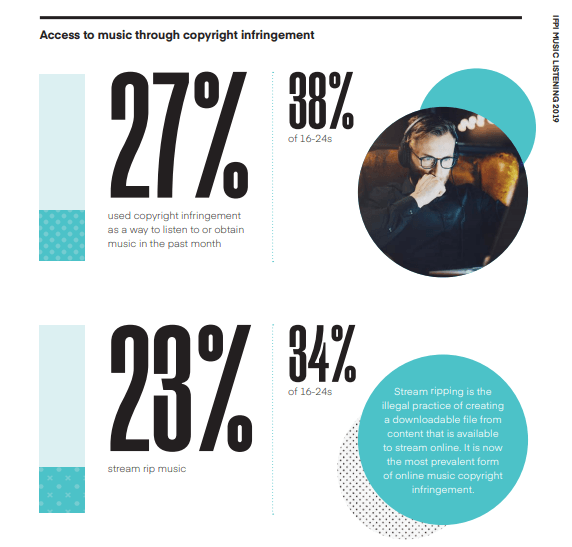Denmark Blocks Sci-Hub Plus Streaming, Torrent & YouTube-Ripping Sites
jeudi 26 septembre 2019 à 10:27
While many countries around Europe have frameworks in place to block ‘pirate’ sites on copyright grounds, Denmark can take credit for being a pioneer.
As long ago as 2006, music industry group IFPI began targeting Russian MP3 download site AllofMP3 and in 2008, the country became the first in the region to compel an ISP to block The Pirate Bay.
Since then, rightsholders – under the leadership of anti-piracy group RettighedsAlliancen (Rights Alliance) – have taken selective action to target further sites for blocking, specifically those that have proven themselves most popular with local audiences.
Last week, Rights Alliance indicated that it had won a new blocking order following a process at a court in Holbæk. The group said that it had targeted 11 sites in various sectors, including streaming, torrent, file-hosting and ripping sites but few other details were made available.
Information provided by Rights Alliance to TorrentFreak can now put more meat on those bones.
The action was taken on behalf of many content-related companies covering music, movies, TV shows and publishing. They include IFPI, Sony Music, Elsevier, the Danish Producers’ Association, film company Zentropa Productions, Nimbus Film, Nordisk Film, and Scanbox Entertainment, to name a few.
The single torrent site targeted was the popular platform TorrentFunk followed by six streaming platforms – Filme3d, Filmi2k, GoMovies, HDfilmcehennemi2, PopcornTime-online, and Watch32.
Given the participation of IFPI and Sony in the process, it’s no surprise that stream-ripping platforms also make an appearance. The two sites targeted in this sector are named as YouTube converter sites Converto and MP3-YouTube. In 2018, Denmark became the first country in the world to compel an ISP to block a YouTube-ripping site.
That publisher Elsevier is involved naturally points to the blocking of Sci-Hub and Library Genesis (Libgen). These ‘pirate’ libraries of scientific papers have been blocked in a number of regions already, including France, Germany, and Russia. Neither are strangers to direct legal action either, but both sites continue their stated mission regardless.
In common with many similar procedures, the action was targeted at a local ISP, in this case Fibia. The Court ultimately determined that all of the sites infringe the plaintiffs’ copyrights and that Fibia enables its customers to access the sites in question.
As a result, Fibia was directed to block subscriber access to the sites within seven days of receiving the court order. In line with a code of conduct agreed among ISPs in Denmark, other ISPs will also block the above-named sites, despite not being named in the complaint.
Rights Alliance Director Maria Fredenslund informs TorrentFreak that this latest action represents “blocking wave 14” in Denmark and more sites will be targeted in the future.
“We file about 5-6 cases per year targeting the most popular infringing sites,” Fredenslund concludes.
Users attempting to visit the newly-blocked sites (and the hundreds blocked following previous actions) will be directed to the Share With Care campaign portal which contains advice supported by a dedicated film search engine, pointing visitors to legal sources.
Source: TF, for the latest info on copyright, file-sharing, torrent sites and more. We also have VPN reviews, discounts, offers and coupons.





